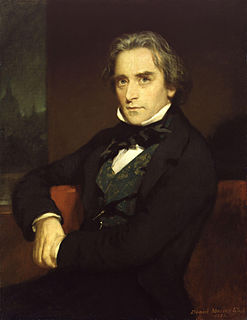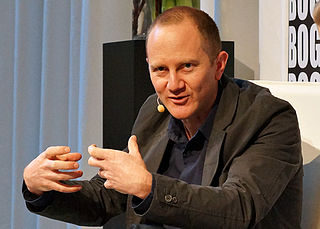A Quote by Simone Weil
The afflicted are not listened to. They are like someone whose tongue has been cut out and who occasionally forgets the fact. When they move their lips no ear perceives any sound. And they themselves soon sink into impotence in the use of language, because of the certainty of not being heard.
Related Quotes
A poet is an unhappy creature whose heart is tortured by deepest suffering but whose lips are so formed that when his sighs and cries stream out over them, their sound beomes like the sound of beautiful music . . . . And men flock about the poet saying, Sing for us soon again; that is to say, may new sufferings torture your soul, and may your lips continue to be formed as before.
As soon as you start acting in an accent, you're sort of out of your comfort zone. Maybe people start getting used to accents after a long period of time. But as soon as you do that, it's not so much as capturing the sound of the way other people speak, it's being able to actually be and move around in the sound.
There are many occasions when the muscles that form the lips of the mouth move the lateral muscles that are joined to them, and there are an equal number of occasions when these lateral muscles move the lips of this mouth, replacing it where it cannot return of itself, because the function of muscle is to pull and not to push except in the case of the genitals and the tongue.
It's strange, isn't it, how the idea of belonging to someone can sound so great? It can be comforting, the way it makes things decided. We like the thought of being held, until it's too tight. We like that certainty, until it means there's no way out. And we like being his, until we realize we're not ours anymore.
I call it financial impotence, this notion of not having enough money, because it has the same characteristics as sexual impotence. And men will never talk about sexual impotence, no matter how close you are to someone, but financial impotence is an even greater barrier. And, I broke that omerta. I had people walk up to me in the grocery store - Several people, coming up to me and saying, "Gosh. Let me tell you my story." People are so pent up with their sense of financial impotence, that they're dying to get it out!
What are your fees?" inquired Guyal cautiously. "I respond to three questions," stated the augur. "For twenty terces I phrase the answer in clear and actionable language; for ten I use the language of cant, which occasionally admits of ambiguity; for five, I speak a parable which you must interpret as you will; and for one terce, I babble in an unknown tongue.
Death arrives among all that sound like a shoe with no foot in it, like a suit with no man in it, comes and knocks, using a ring with no stone in it, with no finger in it, comes and shouts with no mouth, with no tongue,with no throat. Nevertheless its steps can be heard and its clothing makes a hushed sound, like a tree.








































